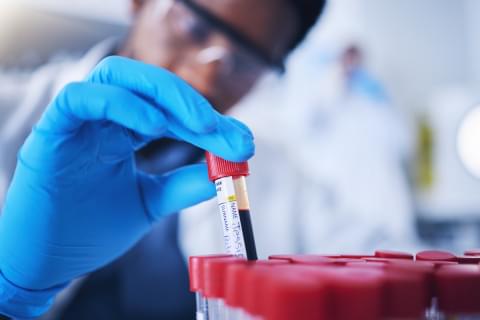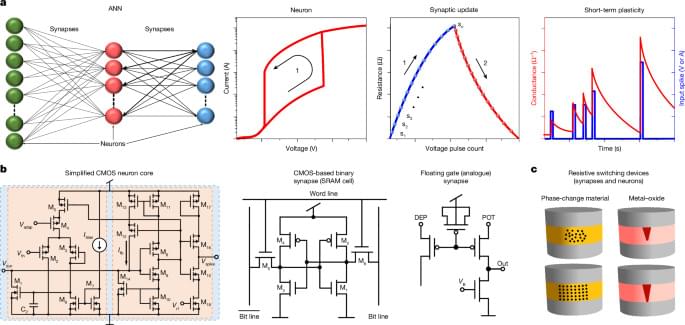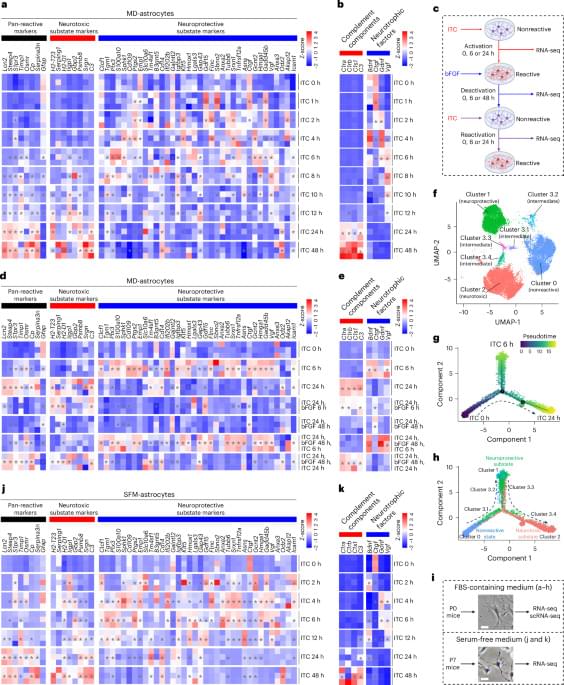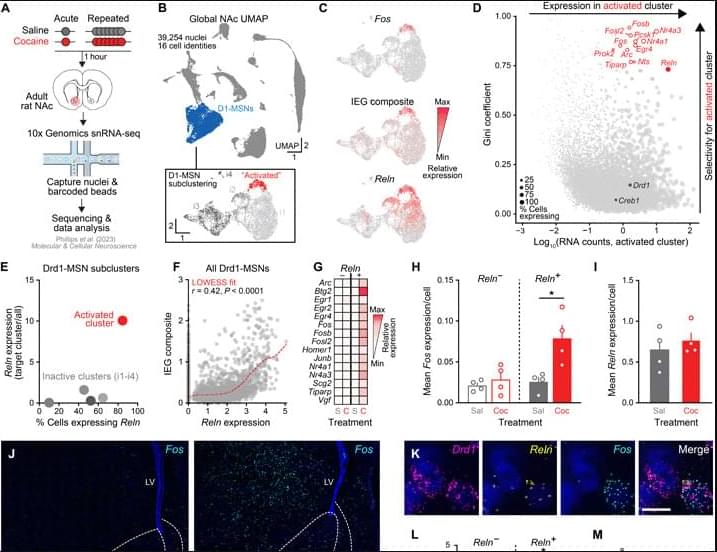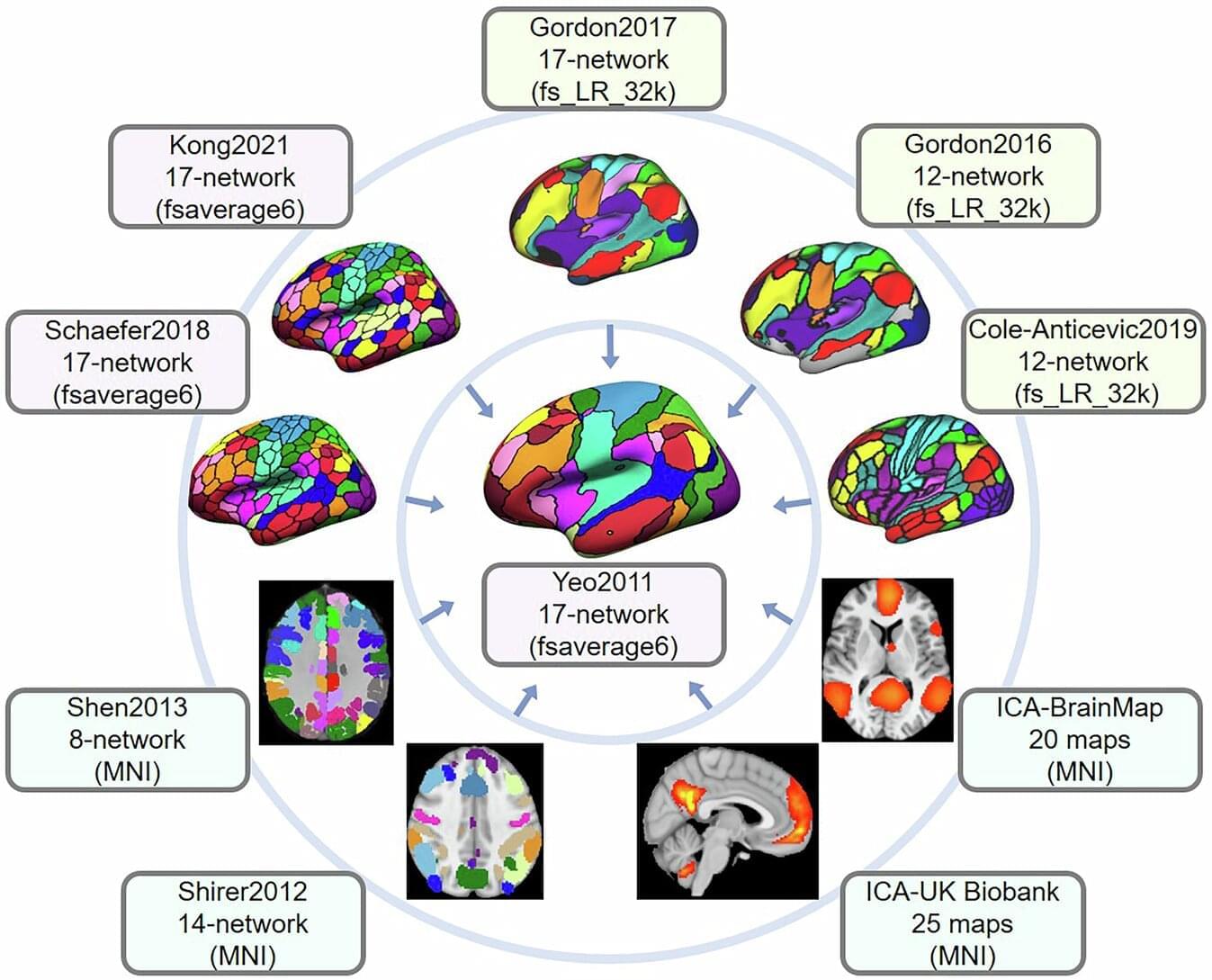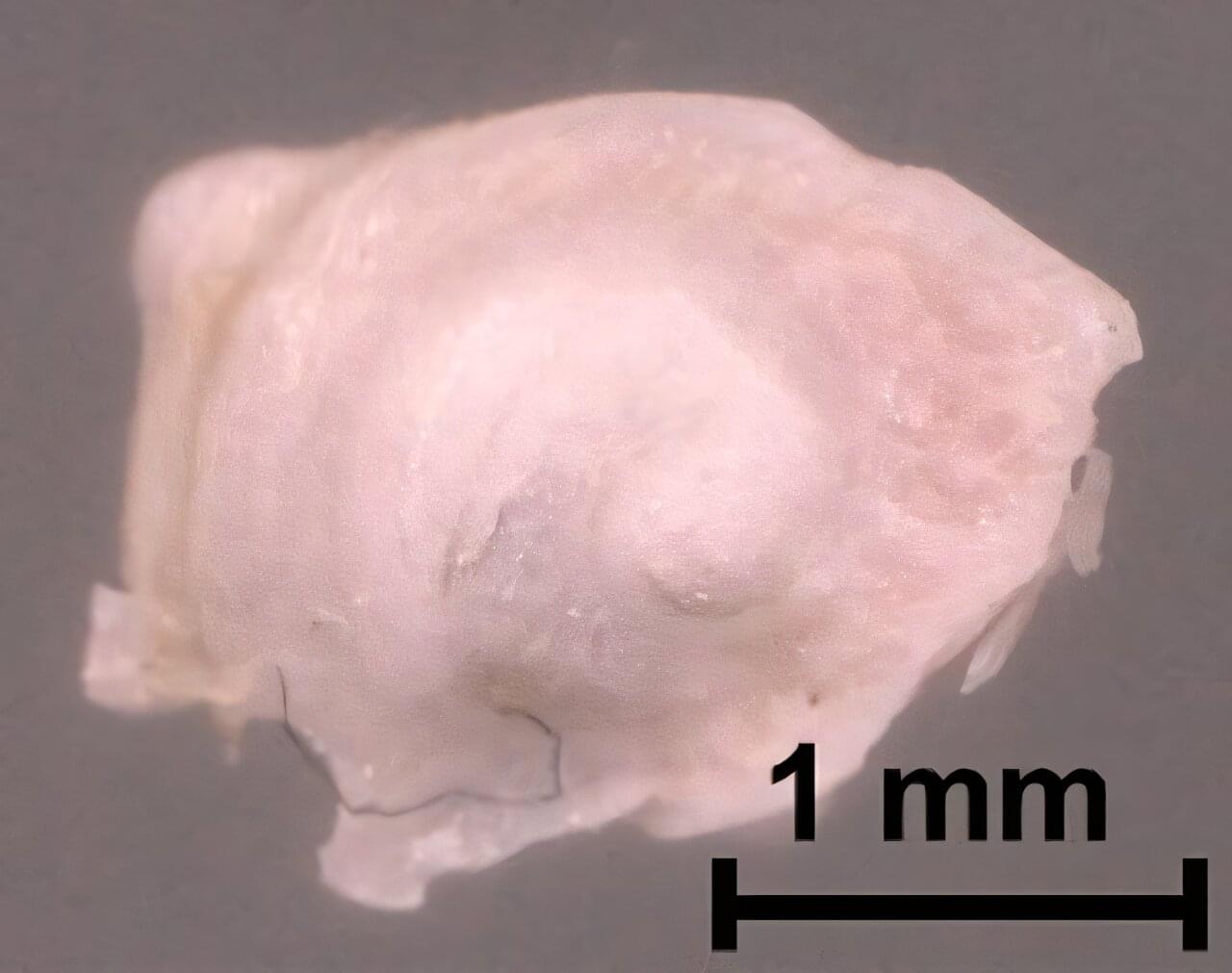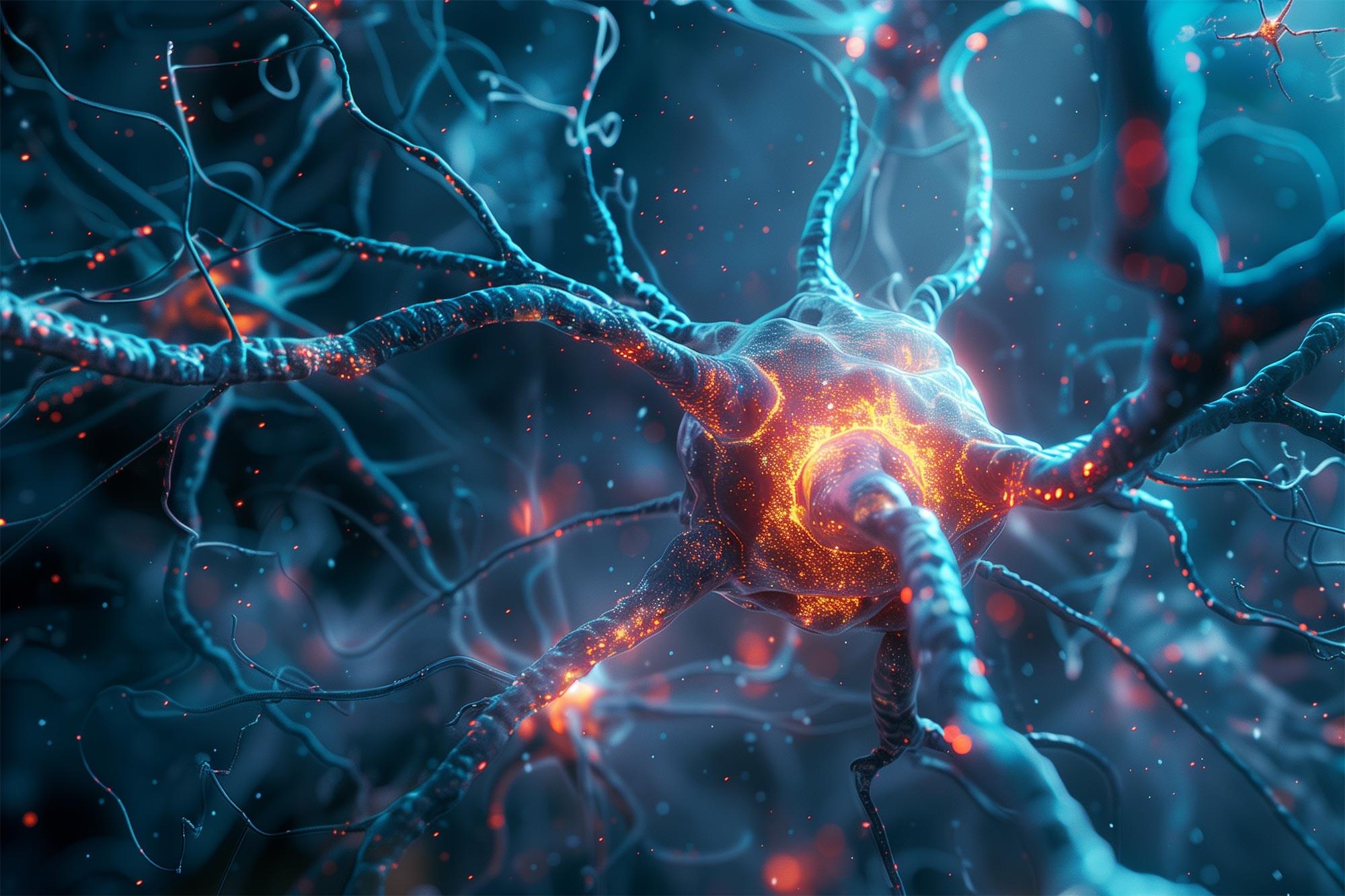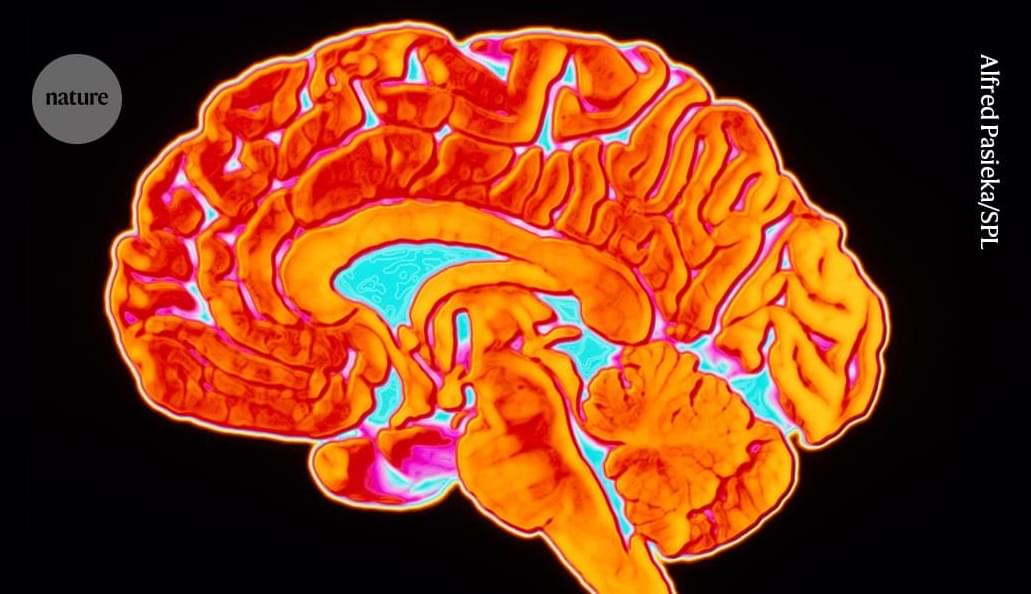New in JNeurosci: In a study comparing human brains to macaque and chimpanzee brains, Bryant et al. discovered neuroanatomical features that are unique to humans.
Learn more. ▶️
Determining the brain specializations unique to humans requires directly comparative anatomical information from other primates, especially our closest relatives. Human (Homo sapiens) (m/f), chimpanzee (Pan troglodytes) (f), and rhesus macaque (Macaca mulatta) (m/f) white matter atlases were used to create connectivity blueprints, i.e., descriptions of the cortical grey matter in terms of the connectivity with homologous white matter tracts. This allowed a quantitative comparative of cortical organization across the species. We identified human-unique connectivity profiles concentrated in temporal and parietal cortices, and hominid-unique organization in prefrontal cortex. Functional decoding revealed human-unique hotspots correlated with language processing and social cognition. Overall, our results counter models that assign primacy to prefrontal cortex for human uniqueness.
Significance statement Understanding what makes the human brain unique requires direct comparisons with other primates, particularly our closest relatives. Using connectivity blueprints, we compared to cortical organization of the human to that of the macaque and, for the first time, the chimpanzee. This approach revealed human-specific connectivity patterns in the temporal and parietal lobes, regions linked to language and social cognition. These findings challenge traditional views that prioritize the prefrontal cortex in defining human cognitive uniqueness, emphasizing instead the importance of temporal and parietal cortical evolution in shaping our species’ abilities.
